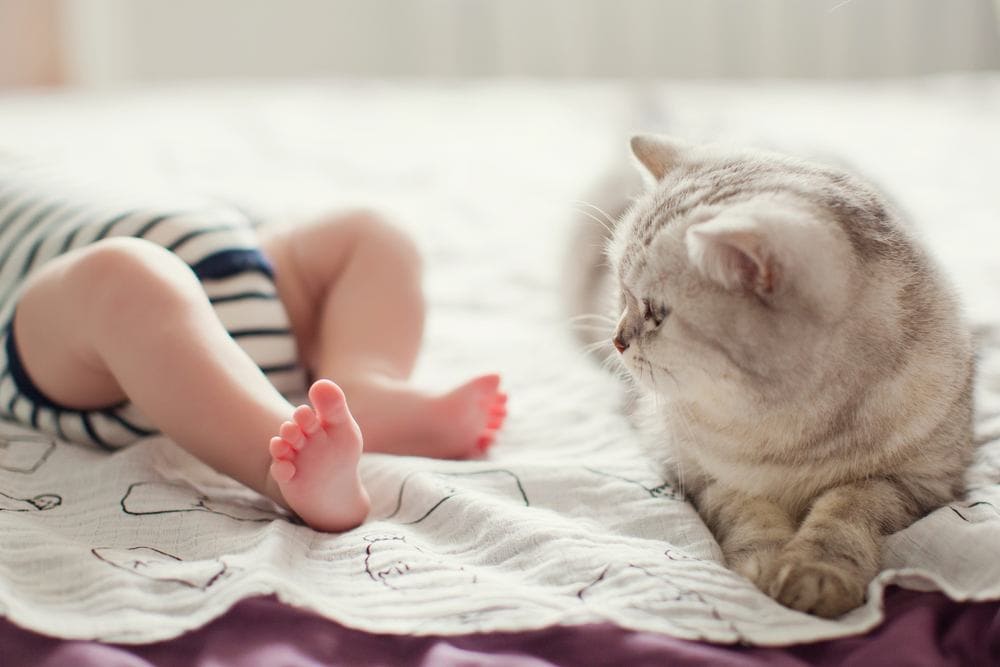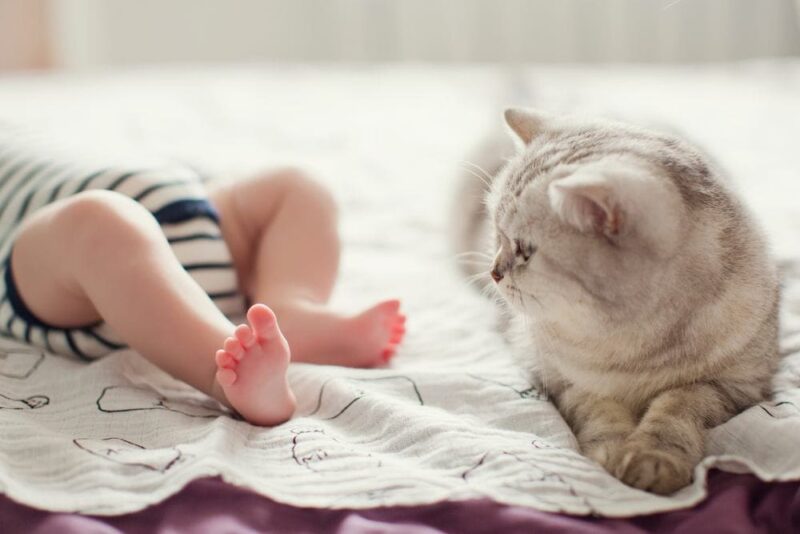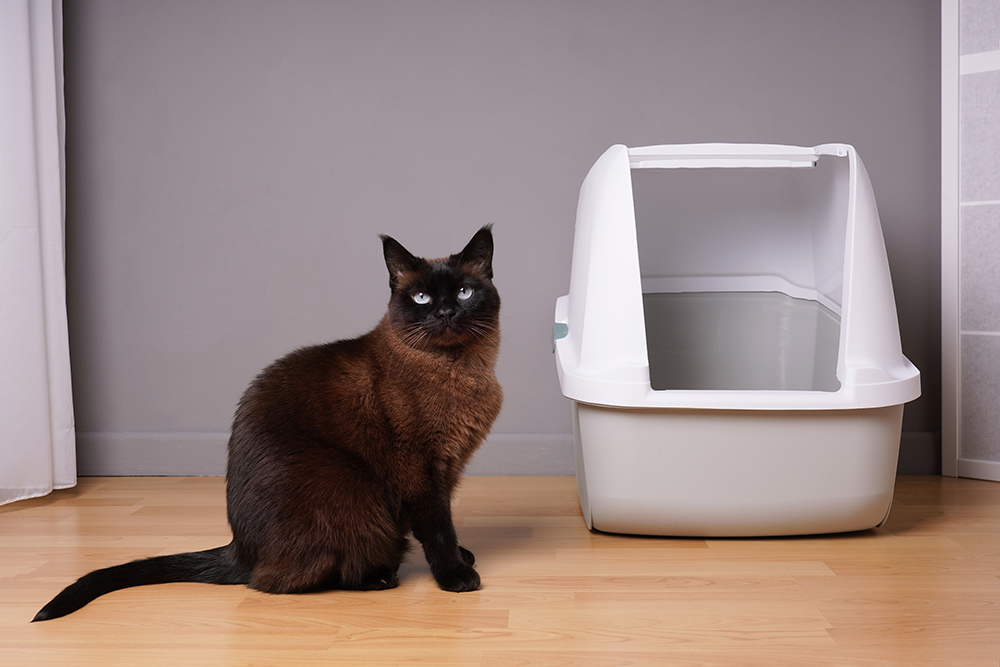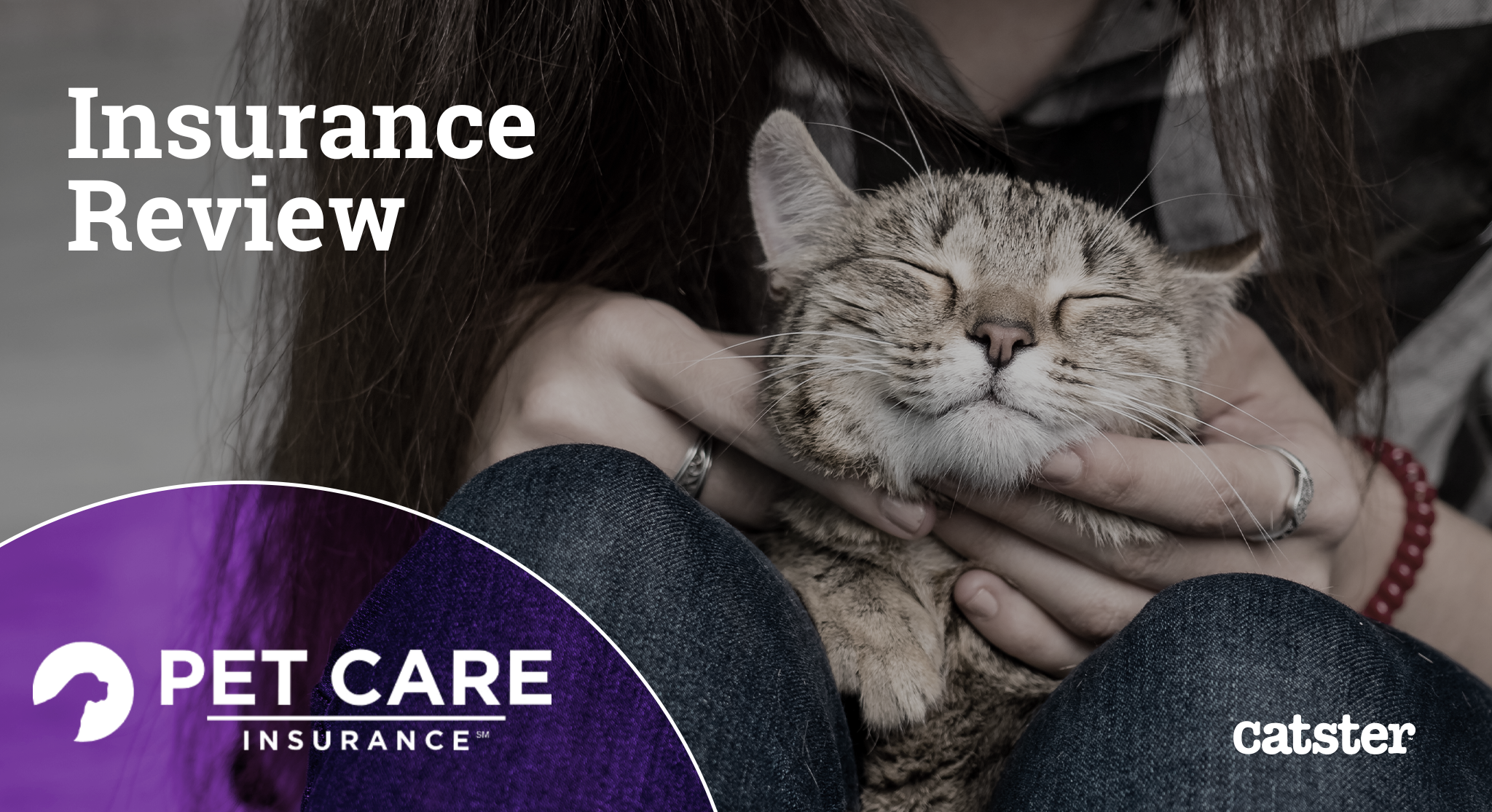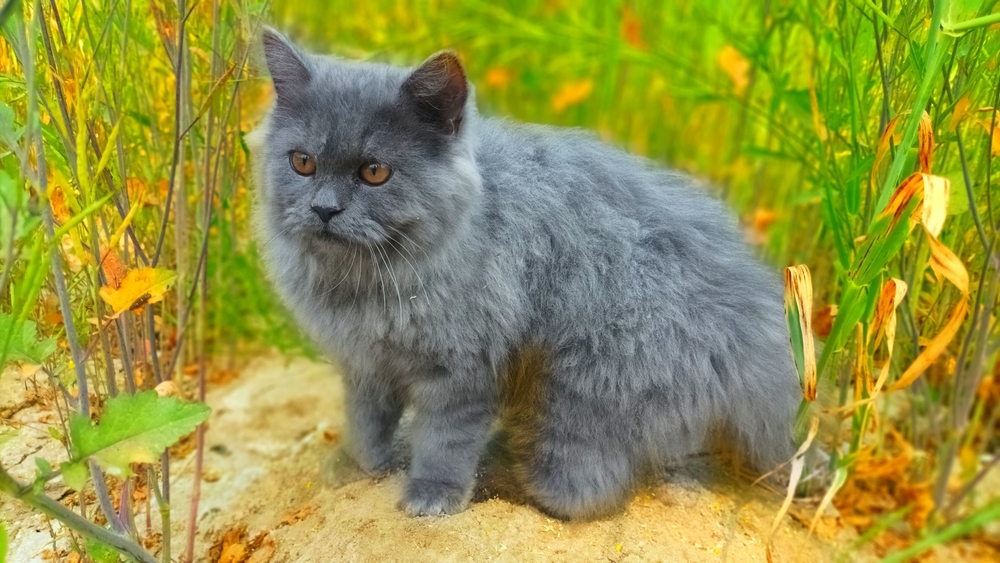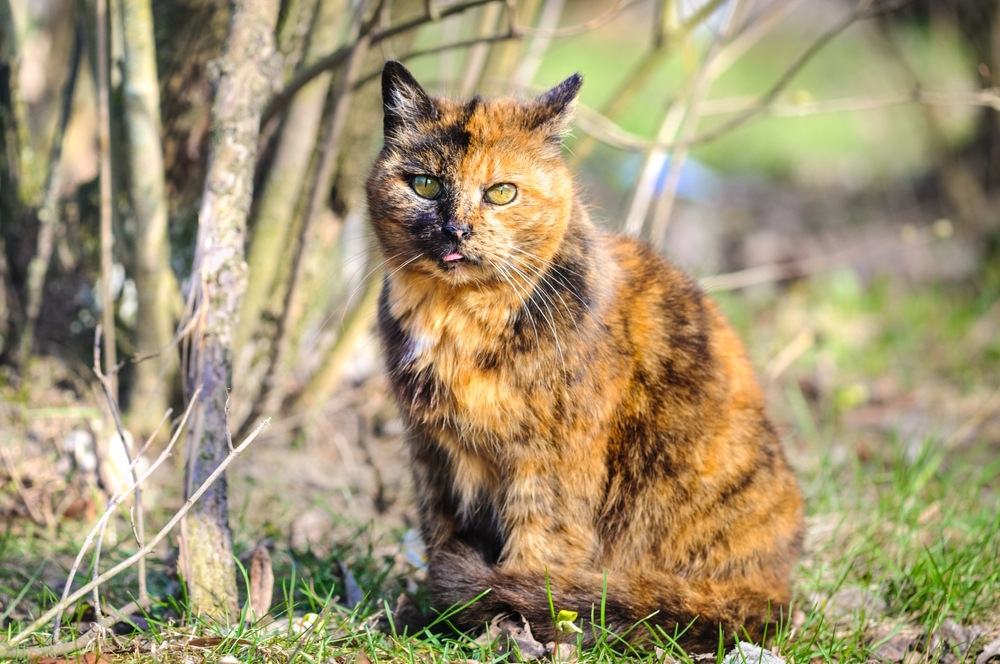We are a nation that loves our pets. Research has shown that only 15% don’t describe themselves as either dog or cat people, while nearly 28% said they were both. However, if you’re expecting, you may wonder if a conflict exists between our feline companions and babies. Many myths surround cats, and a few of them are related to cats and our babies. Sadly, some persist, making this article necessary in order to set the record straight. Let’s check out six of the most common myths about cats and babies.

The 6 Myths About Cats and Babies
1. Cats Suck Away a Baby’s Breath
This myth is probably one of the most well-known yet bizarre of the tales about cats. Its origins may go back to a coroner’s account from January 1791 of an 18-month-old child dying “in consequence of a cat sucking its breath.” We could see how a story like this one could persist as part of folklore passed on through the ages. Remember that this story surfaced about 100 years after the infamous Salem witch trials. Undoubtedly, it left an indelible mark on society.
While this is purely a myth, you shouldn’t let your cat sleep with your baby since they might settle too close to their face and affect the baby’s breathing. This is, of course, never on purpose. Your cat is just simply trying to cozy up to their human brother/sister.
2. Cats Can Sense When a Baby Is Coming
While some people like to believe that this is true, cats don’t have some sort of special sixth sense that lets them know when a baby is coming. However, they do recognize that change is happening in and around the home, as well as with your behavior.
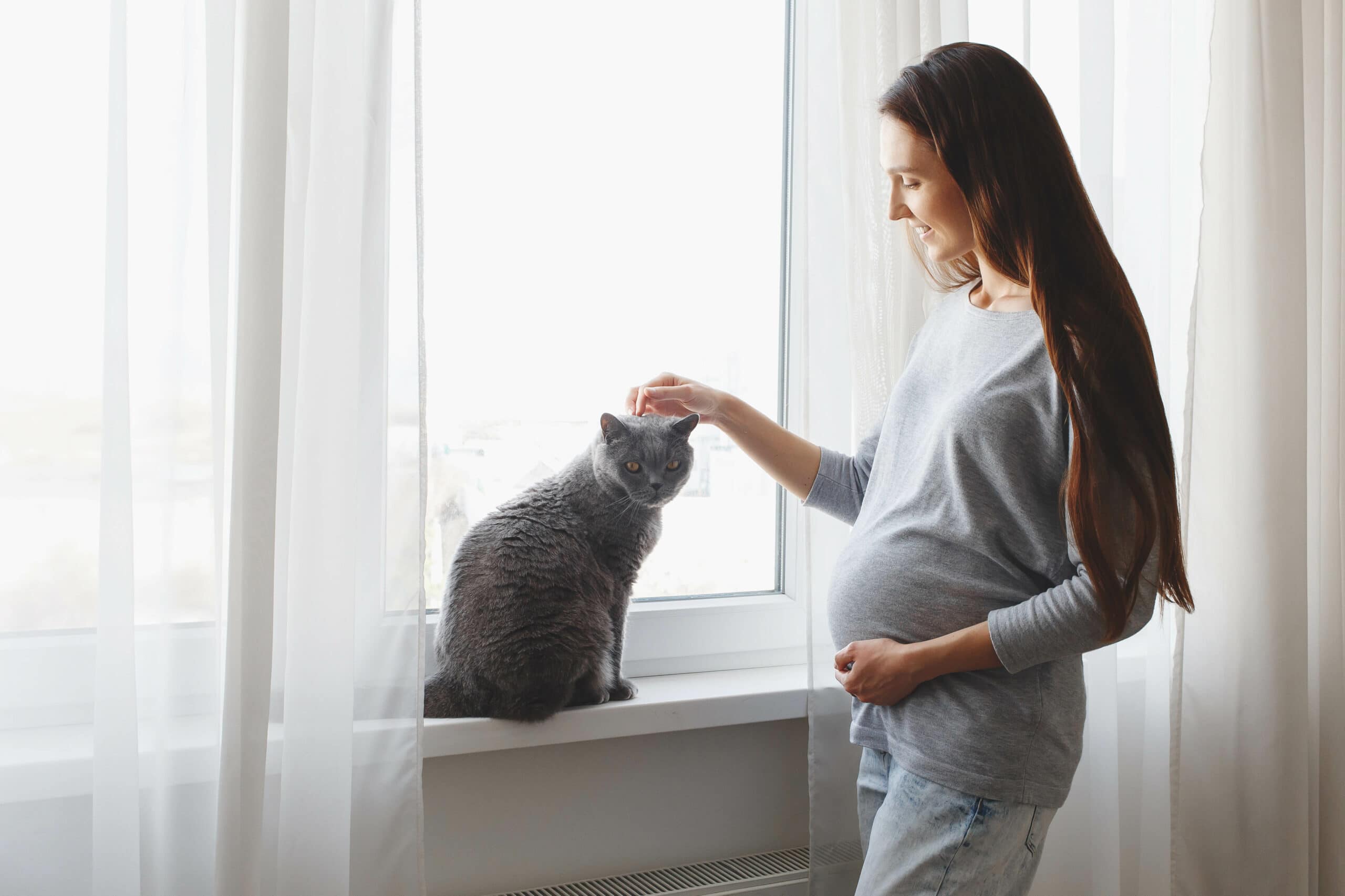
3. Babies and Cats Shouldn’t Live Together
Swirling around with all the myths of cats and babies is the assertion the two can’t live together. There are many reasons for this, but there is a large belief that a jealous feline would harm an infant. It was also conventional wisdom not to expose young children to animals for fear they’d develop allergies. However, research suggests that the opposite is true with the latter.
A responsible pet owner will supervise playtime with their kids and cats. We also recommend keeping pets out of an infant’s bedroom. Remember that felines are curious and may jump into a crib just because it’s something new to explore.
4. Babies Bring Out the Worst in Your Cat
Another similar myth (with perhaps a small basis of truth) is the effect of a baby on the family cat. Scientists have learned that feline companions bond with their owners. It stands to reason that your kitty would become jealous if you suddenly stopped lavishing the attention you usually do, and it may manifest itself as a form of separation anxiety. Common signs of separation anxiety include destructive or inappropriate behavior and excessive vocalization, not unlike a child vying for your notice.
However, it’s not the baby causing the problem. Instead, the change in your interaction with your cat is stirring the pot.
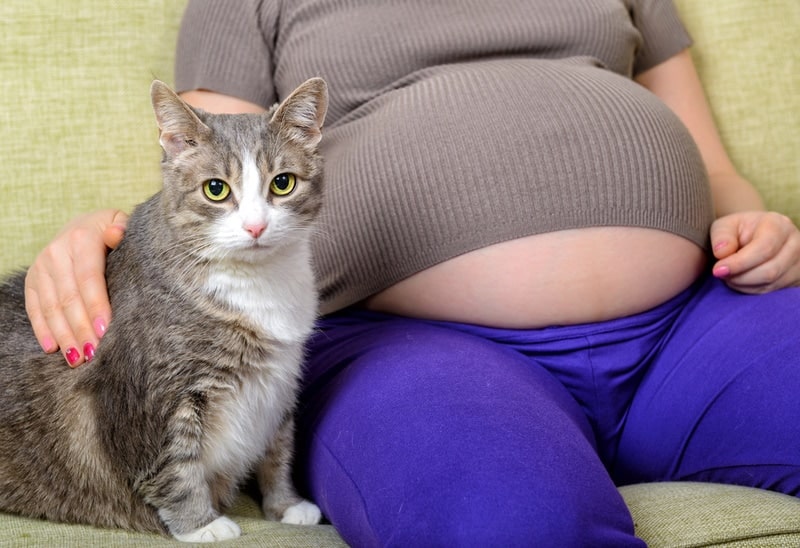
5. Cats Give Babies Diseases
It’s true that cats can carry zoonotic diseases or conditions they can transfer to humans. Toxoplasmosis is also a significant concern for pregnant women and the risk of transmitting the infection to the fetus. However, you can say the same thing about dogs when it comes to parasites and other health issues. The takeaway is that it boils down to common-sense hygiene.
You should wash your hands after cleaning up after your pet. We also recommend keeping your cat indoors. Felines with access to the outdoors have a greater risk of exposure to toxoplasmosis. They are also more likely to hunt birds and rodents that carry diseases and parasites. If you’re pregnant, refrain from cleaning the litter box altogether if you can, but you must do it daily if you have no one else to help.
6. Bringing Bad Luck Home
Cats, particularly black ones, have a long association with bad luck. This superstition goes back centuries to Pope Gregory IX and his Vox in Rama in 1233. He decreed felines were aligned with Satan, prompting the execution of millions of cats. Unfortunately, it’s a myth that has endured.
Others blamed cats for the spread of the plague in the Middle Ages. Ironically, felines offered an excellent way to control the disease by hunting the rodents carrying the fleas infected with the bacteria causing it. In this sense, they’re actually lucky animals.
Nevertheless, this myth continues. The UK’s Cats Protection organization started National Black Cat Day on October 27, 2011, to show their support for these maligned felines. So, if you’re expecting a baby and are a bit superstitious, know that there is nothing to worry about.
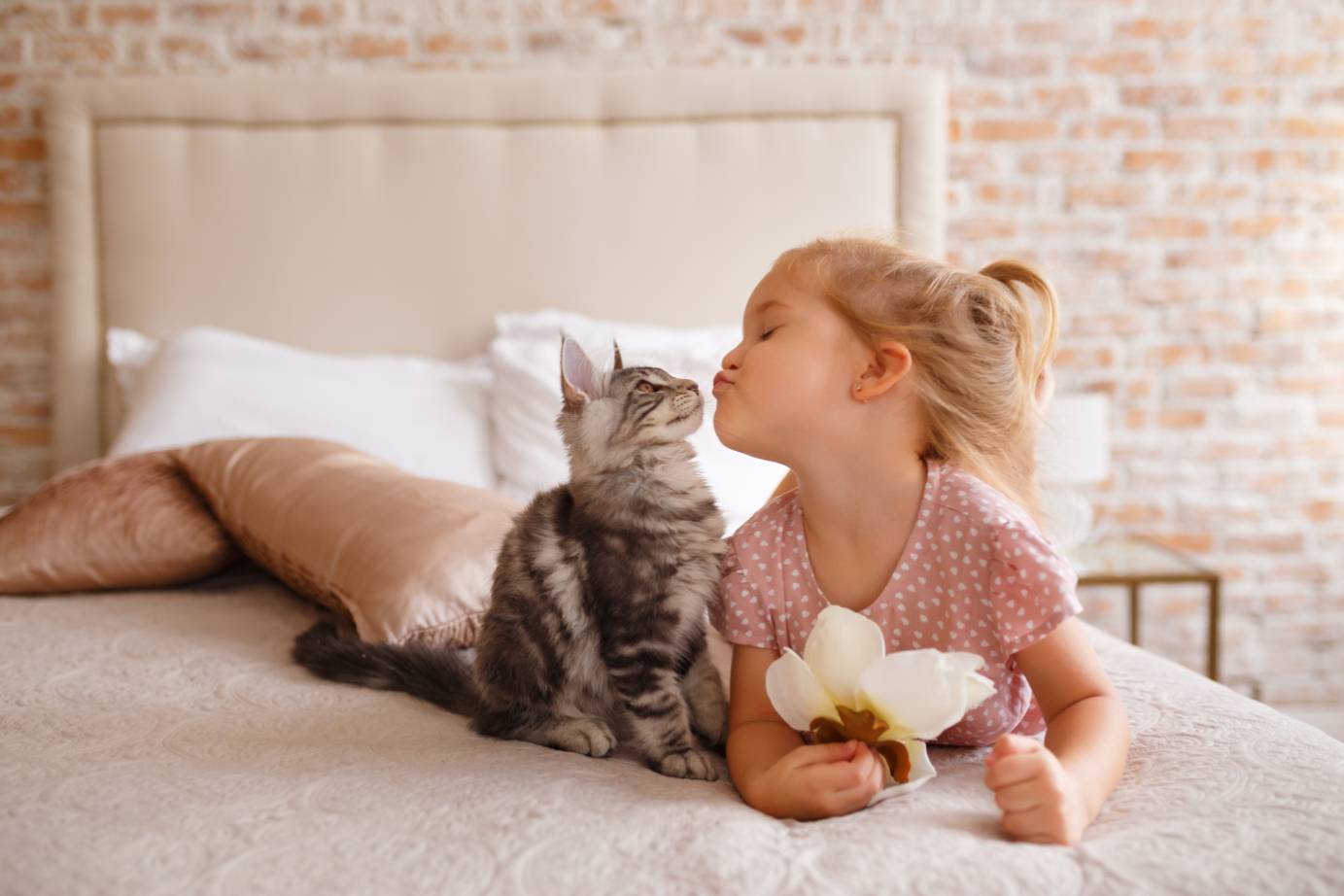

Preparing for Cats and Babies to Live Together
Babies are no more at risk with a cat in the house than any other pet. Remember that your kitty thrives with your love and attention. Therefore, ensuring that doesn’t change with a new baby in the home is imperative. Undoubtedly, many treat their feline companions like children. Things shouldn’t stop because of changes in your household.
Instead, reassure your pet. Spend time interacting with them as you usually do. You can also create positive associations with your cat and child with treats. After all, food is a potent motivator. We recommend supervising playtime and teaching your children how to interact with your pet. While food aggression isn’t common in felines, your child must know to respect your cat’s space.

Conclusion
It’s surprising that many myths still exist about our feline companions, but regardless, they do. Many stories are tenaciously rooted in folklore, and some have a tiny kernel of truth in them that has spiraled and taken on a life of its own. Nevertheless, these tales remind us that pet ownership is a serious responsibility, but that doesn’t mean they can’t be part of your growing family.
Featured Image Credit: aprilante, Shutterstock

